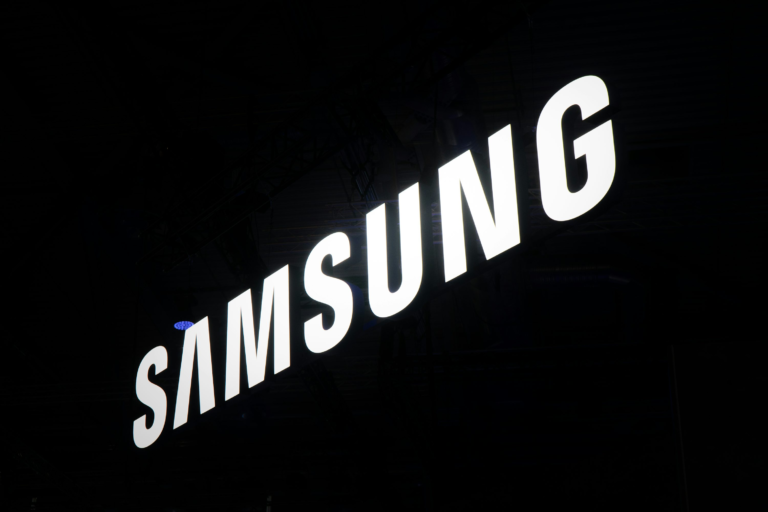In October 2019, the U.S. Defense Department (DoD) granted a controversial agreement to Microsoft. As a component of the arrangement, the Windows-creator would set up huge cloud-computing systems for the Pentagon. The Joint Enterprise Defense Infrastructure, or JEDI, project was worth about $10 billion to Microsoft longer than 10 years.
The arrangement was a huge setback for another top bidder – Amazon Inc – which disputed the honor saying that the Pentagon unfairly evaluated its cloud service and Microsoft’s proposals. It also noticed that the former U.S. president Donald Trump’s criticism of Amazon and its founder Jeff Bezos had influenced Pentagon’s decision. Trump had before reprimanded Bezos for inclusion of his administration in the Washington Post, which is possessed by Bezos.
The honor was fraught with irreconcilable situation allegations and legitimate challenges for the Pentagon and Microsoft. Some Pentagon officials raised concerns over contracting with just one single-source vendor for a tactical unit. In January, the Pentagon said in a statement that “regardless of the JEDI Cloud prosecution outcome, the Department [DoD] continues to have a urgent, unmet requirement for enterprise-wide, business cloud service.”
Amazon claws back
After four months, the internet business monster’s offered to paw back the JEDI bargain returned to life after a U.S. Government Claims Judge Patricia Campbell-Smith dismissed motions by the DoD and Microsoft to dismiss Amazon’s test of the agreement grant.
A couple of days after Judge Campbell-Smith’s decision, the DoD said it would audit the undertaking. Some lawmakers and experts suggested the Pentagon follow a multi-vendor approach for huge cloud-computing contract as it would reduce the risk of suit from excluded firms.
To put matters to rest, the DoD said on July 6 it dropped the JEDI project refering to “developing requirements, increased cloud conversancy, and industry advances”. It noticed that it continues to have unmet needs in cloud computing and is hoping to fill the gaps at scale.
Substitution arrives
Considering new initiatives at DoD, evolution of the cloud ecosystem, and changes in user requirements to use multiple cloud environments to execute mission, “our landscape has progressed and another way-ahead is justified to accomplish strength in both conventional and non-customary warfighting domains,” said John Sherman, acting DoD Chief Information Officer.
Sherman said that a Joint Warfighter Cloud Capability task will supplant JEDI, and that both Amazon and Microsoft are “conceivable” to be granted contracts. He also added that IBM, Oracle and Google could also qualify under the new venture.
“We understand the DoD’s reasoning, and we support them and each tactical part who needs the mission-basic 21st century innovation,” Microsoft said in response to Pentagon’s announcement.
The JEDI project started with the USD 1 million agreement grant for Microsoft, implied as an underlying step in a 10-year bargain that could have reached $10 billion in value. The new undertaking is a five-year program, and estimated value could be “in the billions”.








